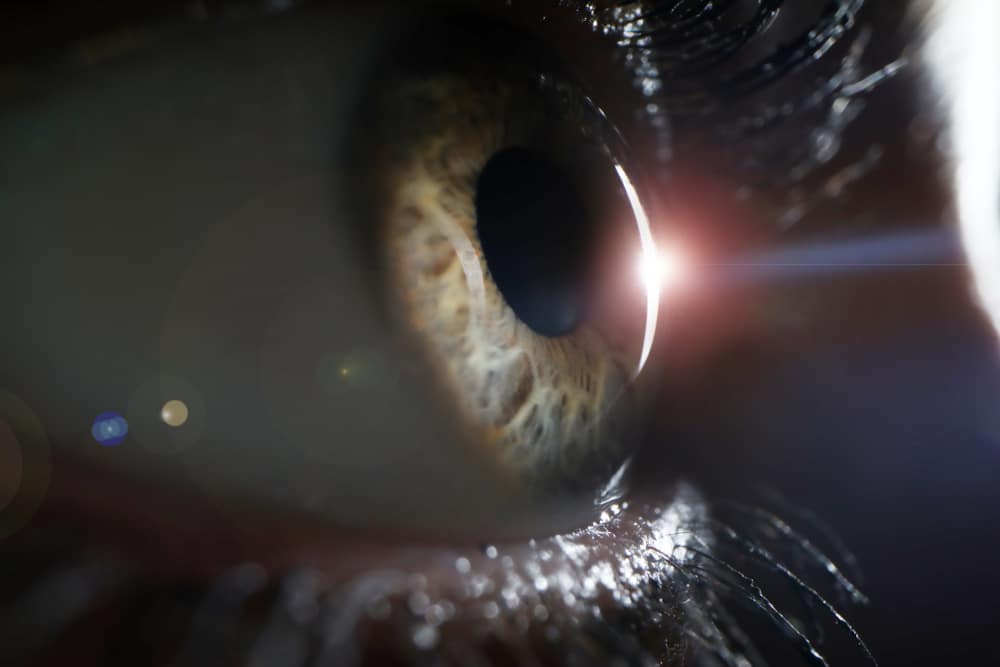Newsletter Signup - Under Article / In Page
"*" indicates required fields
SparingVision today announces that the U.S. Food and Drug Administration (FDA) has cleared its Investigational New Drug application (IND) for SPVN06.
The genomic medicine company has had its developing vision-saving treatments for ocular diseases, lead gene independent therapy for the treatment of retinitis pigmentosa (RP), a form of rod-cone dystrophy (RCD) and the most prevalent inherited retinal disease (IRD).
SparingVision has also submitted a clinical trial authorization (CTA) application to the French regulator (ANSM), which is currently under review.
This approval paves the way for the initiation of promising RCD gene therapy (PRODYGY), a first-in-human (FIH) phase 1/2 clinical trial. First safety data are anticipated in 2023 and the primary endpoint is expected to be reached in 2025.
SparingVision trial to ‘assess quality of life’
The trial is to assess the safety, tolerability, efficacy and quality of life following a single subretinal injection of SPVN06 in the worst-seeing eye of adult patients with RP due to a mutation in the RHO, PDE6A, or PDE6B gene.
The study will recruit up to a total of 33 patients and will take part in two stages. The first stage will be an open-label, dose-escalation phase that will include three cohorts of three subjects with advanced forms of RP, to determine two recommended highest tolerated doses for the next stage.
The decision to initiate cohorts 2 and 3 will be based on the review by a Data Safety Monitoring Board (DSMB) of all available safety data from all subjects of the previous cohort(s).
The second stage will be a controlled, double-masked randomized phase including 24 patients with advanced intermediate RP, divided into three cohorts: six untreated patients and 18 patients receiving either the low or high dose determined through the first stage.
SPVN06 to change the course of history of disease
The primary endpoint of PRODYGY is the safety and tolerability of SPVN06, 12 months after administration of a single injection of the gene therapy. Secondary objectives include notably preliminary efficacy and quality of life data. In addition, the long-term follow-up of the study will focus on safety and tolerability for a total of five years after treatment administration.
Dr Daniel Chung, chief medical officer of SparingVision, said: “RP is a highly prevalent eye disease leading inevitably to blindness with no treatment available for the vast majority of patients. The unique neuroprotective mechanism of action of SPVN06 has the potential to change the course of the natural history of the disease, independently of the genetic background of patients and of the time of disease diagnosis.
“With this phase 1/2 trial we will be looking to demonstrate SPVN06’s safety and tolerability as well as identify preliminary signs of efficacy through several structural, functional and quality of life endpoints.”
SPVN06 is a breakthrough gene therapy approach aimed at stopping or slowing disease progression in patients affected by IRDs and dry age-related macular degeneration (AMD), regardless of their genetic background.
Receiving IND testament to SparingVision’s efforts
SparingVision is initially focused on mid-stage RP, one of the leading causes of blindness globally that affects two million patients. SPVN06 counteracts the degeneration of cone photoreceptors by restoring RdCVF, a neurotrophic factor naturally produced by functioning rods in the retina; and by promoting RdCVFL, a potent antioxidant which protects cones against oxidative stress.
The DNA of the two distinct isoforms (RdCVF and RdCVFL) of the NXNL1 gene are supplied via an Adeno-associated virus (AAV), the viral vector of choice for retinal gene therapy. The treatment is delivered by subretinal injection, a route of administration that has already been proven safe and efficacious for the delivery of gene therapy.
Stéphane Boissel, president and chief executive officer of SparingVision, said: “Receiving IND clearance is a testament to the incredible efforts of everyone at SparingVision, but also to the strength of our science, which encompasses more than 20 years of leading research by our scientific founders, including professor José Sahel, chair of the ophthalmology department at the University of Pittsburgh Medical Center.
“With over 80 genes involved in RP, each with numerous causative mutations, we need to go beyond the gene-by-gene treatment approach. SPVN06 has the potential to become the universal therapeutic solution that patients need, and we are excited for the next phase of development.”
Are you interested in eye disease R&D?







